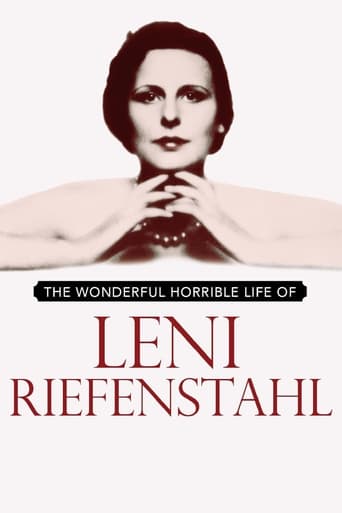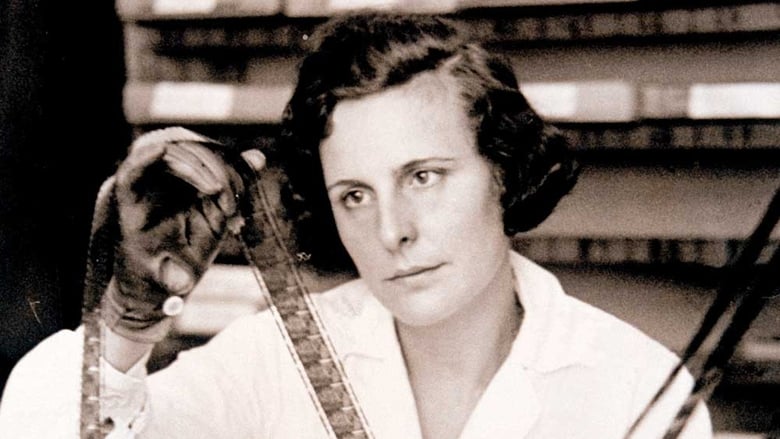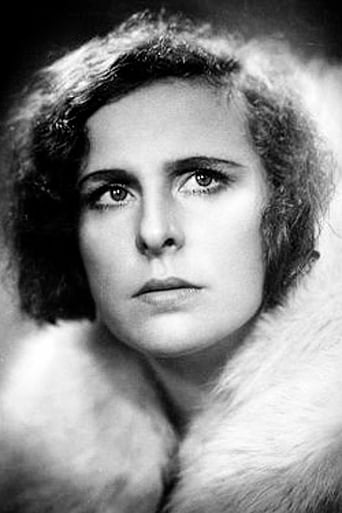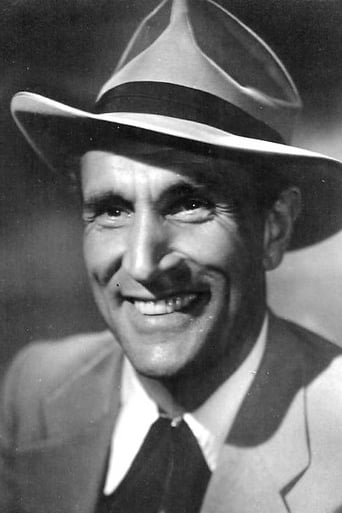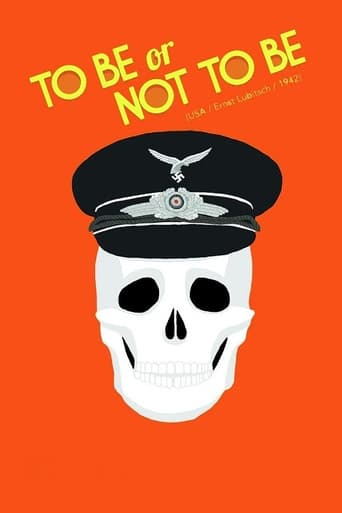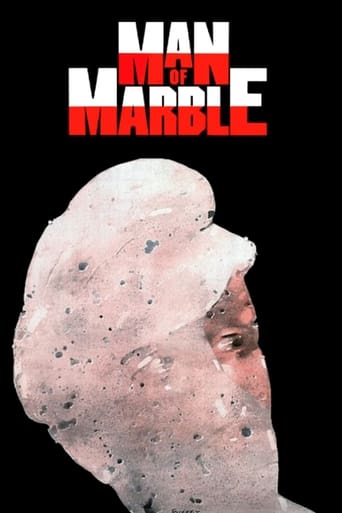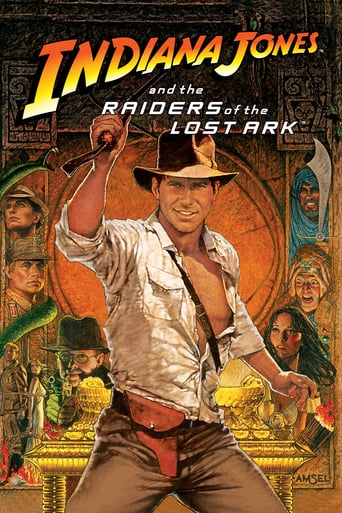The Wonderful, Horrible Life of Leni Riefenstahl (1993)
This documentary recounts the life and work of one of most famous, and yet reviled, German film directors in history, Leni Riefenstahl. The film recounts the rise of her career from a dancer, to a movie actor to the most important film director in Nazi Germany who directed such famous propaganda films as Triumph of the Will and Olympiad. The film also explores her later activities after Nazi Germany's defeat in 1945 and her disgrace for being so associated with it which includes her amazingly active life over the age of 90.
Watch Trailer
Free Trial Channels
Cast


Similar titles
Reviews
Gripping story with well-crafted characters
Excellent, a Must See
I enjoyed watching this film and would recommend other to give it a try , (as I am) but this movie, although enjoyable to watch due to the better than average acting fails to add anything new to its storyline that is all too familiar to these types of movies.
.Like the great film, it's made with a great deal of visible affection both in front of and behind the camera.
One of my biggest complaints I have about biographies and biopics is that they are way too brief and tend to skip a lot of important material. Fortunately, this documentary about the controversial and long-lived film star and director, Leni Riefenstahl, is not short--clocking in at well over three hours! It certainly can't be seen as incomplete! The only question, then, is would the average person find it worth designating a huge block to time to just one documentary? Read on and see.The first thing I noticed was that at 90 years of age, Ms. Riefenstahl was amazingly lucid and full of life...and well-preserved. So, most of the film consisted of her talking about her life--and it was not just a lot of old film with narration. I also noticed that the film makers did a good job of assembling old silent film footage from her films--all with excellent prints and properly tinted. This didn't surprise me too much, as I've seen most of the existing films of Riefenstahl and knew that good copies existed--I am just glad that the film makers didn't use the usual scratchy film footage.Next came the most anticipated portion of the documentary--Riefenstahl's involvement with the Nazis and the filming of her brilliantly artistic "Triumph of the Will". At times, Riefenstahl was amazingly candid while at other times she talked as if she was only a detached outsider and not one of those responsible for the almost god-like image of Hitler. Interestingly, as times she got angry and insisted she was apolitical despite this tribute film. This was where it got VERY interesting! All these denials and minimizations contrasted with her brilliantly composed shots from "Triumph". Occasionally, her arguments made sense...while at others you marveled at how she seemed to delude herself and minimize her contributions.The film continues by discussing Riefenstahl's other pre-war and wartime films as well as her trial during the de-Nazification period. However, this only took her up to the middle of her life. What's interesting, then, is how she spent her final decades. Instead of either a glowing film career or spending the rest of her life in hiding, Riefenstahl did NOT sit still but spent this period living among tribes in Southern Sudan and scuba diving--getting certified at age 70 and continuing to diving at age 90. What happened after that is not covered, as the film ended at this point--yet this incredibly interesting and flawed woman continued to live for more than a decade longer! Overall, this was a sweeping film that managed to both confront Reifenstahl AND praise her--an odd combination to say the least. Though, of course, Reifenstahl was no ordinary person. Fascinating from start to finish.
Although this remarkable documentary is usually known in the English-speaking world as "The Wonderful, Horrible Life of Leni Riefenstahl," the German title (in translation) is "The Power of Images: Leni Riefenstahl." The difference is not merely one of semantics - Ray Muller's biopic of the woman best remembered as "Hitler's favorite filmmaker" goes beyond its subject to raise profound questions about the deepest effects of art and the visual image on history and human consciousness. Leni Riefenstahl's 1930s films - the NASDAP films "Victory of the Faith," "Triumph of the Will," the little-known (and long-thought-lost) "Day of Freedom: Armed Forces," and "Olympia" simultaneously broke new ground in the development of cinematic form, made her the first internationally-celebrated female director, and created an image of National Socialist Germany so powerful and compelling that to this very day, images from Riefenstahl's work are routinely stolen and used to symbolize the Nazi period in literally hundreds of television programs (just watch anything on the History Channel!), usually without any credit to her. Indeed, as Mueller points out, it was Riefenstahl whose work transformed a ragtag, motley band of German politicians and soldiers into awesome figures of terrible strength and force - as Muller notes, "She made the Nazis look like Nazis." Already one of the most famous women in Europe long before she started working for Hitler, Leni Riefenstahl was a legend in her own time and is still the best-known female director in history, despite the fact that she made only one major film after 1938. This documentary artfully mixes period footage, extended clips from Riefenstahl's films, and interviews with the director and her associates, including cameramen who worked with her and her longtime companion (who was 40-plus years younger than his famous lover!). Proceeding in chronological order, Muller's film covers every aspect of this amazing woman's life, from her early days as a dancer in the mode of Isadora Duncan and Ruth St. Denis, to her ground-breaking and technically stunning "Mountain Films" where she was usually cast as a lovely daredevil, to her later work as a photographer in the Sudan and in the deepest ocean.It is impossible to watch this film and be unimpressed with Frau Riefenstahl's talent, drive, and sheer force of personality - one can hardly believe one's eyes when one watches this tiny, wizened ancient bellowing orders at the director and literally shaking him senseless (a man a quarter her age and half her size!) when he has the temerity to disagree with her suggestions on how she should be photographed. It is also impossible not to be disgusted by Frau Riefenstahl's complete self-involvement and her total refusal to consider that the content of her work might have a political component beyond her original intent.Riefenstahl is a rare example of a female aesthete - a woman whose whole life was governed by a vision of ideal beauty. Beauty, however, is not a democratic phenomenon, and this is where Riefenstahl's life and career begin to raise some very dark and troubling issues for those of us who like to tell ourselves that art is always a force for good. To the end of his days, Hitler saw himself first and foremost as an artist - an individual who uses their powers of perception to shape a new reality. For both Riefenstahl and Hitler, the art of ancient Greece and Rome represented the pinnacle of human physical capacity and offered a vision of perfect beauty beyond time and space, a vision which Hitler was determined to transform into reality, using the "Aryan" German people as his raw material. A single shot in "Olympia" makes this notion quite clear - the famous lap-dissolve between the white marble of Myron's celebrated "Diskobolos" and the living, moving body of an Olympic athlete hurling his discus into space. Connoisseurs of art will know that the pose of Myron's statue is in fact anatomically impossible to assume (try it yourself), but Riefenstahl's evil genius and simplistic mind equated physical reality with the principles of classical art, itself almost always ideal rather than real. Our own society over the past few decades seems to have succumbed to a kind of thinking which - like Riefenstahl, Hitler and the Ancient Greeks - equates physical beauty with moral virtue and ultimate truth. No wonder Riefenstahl's visual style and photographic skills are copied again and again by sports shows and commercials - all of which are usually selling a product to a viewer by appealing to our vanity and desire to be "perfect" - and thus loved and adored. This is why Leni Riefenstahl's work is so dangerous - consider the suffering generated in our own society by the obsession so many of us seem to have with being "beautiful" and "perfect." In a world where plastic surgery is now a multi-billion dollar business and millions of people seem to have no other ambition than maximizing their physical attractiveness, shouldn't we be asking ourselves some very serious questions about our own aesthetic ideals and their consequences, given the fact that the cult of beauty and perfection in our age seems to result so often in death and pain? Ray Muller's film is one of the few works of art in our time to raise these questions seriously. Whatever you may think of Riefenstahl and her art, the fact remains that her life and career are more relevant than ever. "The Power of Images" indeed.
If you really want to know about her work, this is definitely the best piece of information to get started. About 3 hours long, it covers her extraordinary life from early beginnings as a dancer to growing fame as actress, film director and photographer - and along the way, of course, meeting Hitler and becoming "his" infamous cinematographer. After the Second World War she was vilified as Hitler's mistress and icon of obstinacy for more than 50 years. While some of the myths surrounding her are only recently being - audibly - refuted, can we now step forward and take Leni Riefenstahl for who she was - especially Germans?This film was the first to try. It is careful to create a continuing dialog with its subject, something all other portraits I've seen so far are lacking. While its approach focuses on film-making techniques, the political side of things is never out of the broader picture. The filmmaker doesn't avoid confrontation, but in all fairness - you see the response immediately on screen, sometimes in off-camera moments that are quite funny to watch. You get to know the less pleasant sides of Riefenstahl's personality as well - clearly she's often uncomfortable with prying questions, but her occasional outbursts are a display of honesty and make the film more interesting to watch. Especially "Olympia" 1936 and "Triumph of the Will" are extensively featured, but also the first images of her 2002 documentary "Underwater Impressions".This film deserves 10 stars out of 10. It is unique in its fairness and will likely never be surpassed in depth because of Leni Riefenstahl's death in 2003, at the age of 101. The controversy around her will surely last. Quite believably she never was a Nazi or a Jew-hater, but that didn't prevent her from promoting the champion of Antisemitism (who only showed the best of his faces in her films). There has been a lot of reevaluation going on around her, sparked not in the least by this documentary - too much, some critics fear. Riefenstahl belonged to those who didn't sign a blank confession and go on with their lives, or weren't allowed to. All these years she didn't apologize enough - that is the reason for her reprobation, but maybe it is honest to say that letting "Hitler's" filmmaker get back to business in the sight of the world would have been too embarrassing for Germany, which is still being judged by the Second World War. Her guilt is that of the wartime generation, with added sentence for her willingness to play along rather than emigrate - which she might have done at any time.So while she is not entirely a martyr of German guilty conscience, she deserves to be cleared from the heaps of dirt flung upon her by paparazzi, and she deserves to speak for herself.
I had the opportunity of reading the Riefenstahl's Memories and it seems to me wonderful. She is a incredible and strong woman. A difficult and complicate past have made her one of the most interesting persons in XXth. Fascinating

